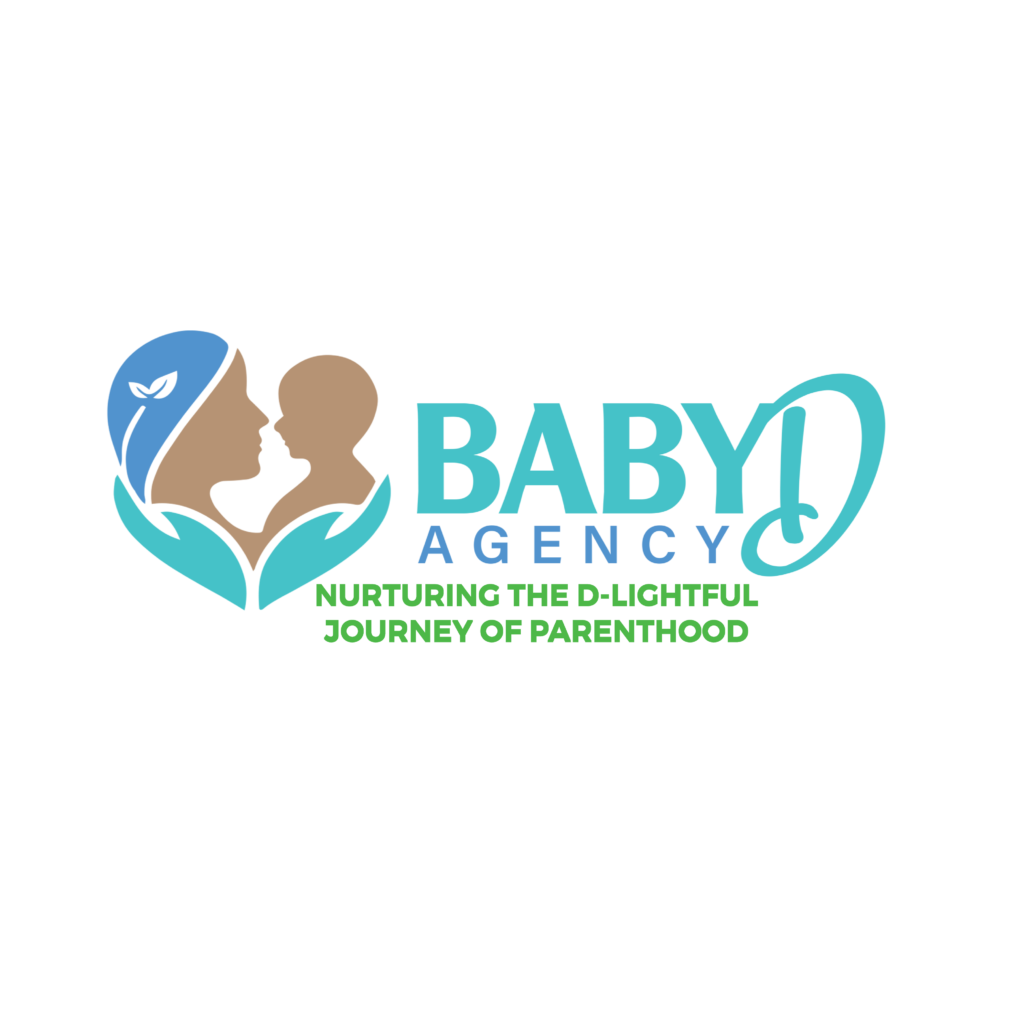The first few months with a newborn are a magical time. As you cuddle and care for this tiny new person, an incredible bond begins to form. However, the realities of sleep deprivation, recovering from childbirth, and learning the ropes of parenting can make this period quite challenging too. The key is getting informed about proper newborn care and safety so you can enjoy your baby’s first days to the fullest.
In this guide, we’ll cover everything from feeding and sleeping tips to health and medical considerations. You’ll learn when to call the doctor versus when you can handle things at home. We’ll also discuss how to soothe fussy babies, establish schedules, and create safe sleep environments. With the right information, you can approach newborn care with confidence.
While each baby is unique, following the basics outlined here will set you up for success. Let’s dive in and prepare to ace newborn parenting in 2024!
Newborn Feeding
One of your most important jobs as a new parent is keeping your baby fed and nourished. Whether you choose to breastfeed or formula feed, following best practices will help your newborn thrive.
Breastfeeding vs. Bottle Feeding
Deciding between breastfeeding and bottle feeding is a personal choice. Here are some things to consider:
Benefits of breastfeeding: Breast milk provides ideal nutrition and contains antibodies that boost your baby’s immune system. Breastfeeding releases hormones that encourage bonding and has been shown to reduce a mother’s risk of certain cancers. It also costs nothing.
Tips for successful breastfeeding: Seek assistance from lactation consultants, use proper positioning and latch techniques, pump to increase milk supply if needed, and avoid bottles or pacifiers until breastfeeding is well-established. Stay hydrated and well-fed yourself.
When to use the formula: Formula is a healthy alternative when breastfeeding is challenging or not possible. Discuss supplements with your pediatrician.
Choosing bottles/nipples: Look for wide, slow-flow nipples that prevent overfeeding and accommodate a baby’s preference. Prioritize BPA-free materials.

Feeding Schedules and Amounts
Learning when and how much to feed a newborn takes some trial and error. Follow these guidelines:
- How often: Newborns need to eat every 2-3 hours, about 8-12 times per day. Watch for hunger cues.
- Waking for feedings: Gently rouse sleeping newborns after 3-4 hours during the day to feed. Allow longer stretches at night.
- Signs of enough milk: Expect 6-8 wet diapers and 3-4 dirty diapers daily. Weight gain and alertness after feedings also indicate adequate nutrition.
- Burping/spitting up: Frequent burping during feedings reduces gas. Occasional spitting up is normal but may signal overfeeding if excessive.
Patience and paying attention to the baby’s cues are key to figuring out optimal feeding patterns. Your pediatrician can provide support if you’re concerned your baby isn’t eating enough.
Newborn Sleep Safety
Those sweet newborn cuddles will happen around the clock, as your baby’s sleep cycles consist of frequent but short periods of rest. Making your baby’s sleep environment as safe as possible is paramount.
Creating a Safe Sleep Space
The American Academy of Pediatrics makes these recommendations for safe newborn sleep:
- Cribs should meet current safety standards with tight-fitting sheets. Keep cribs bare – no pillows, blankets, or crib bumpers.
- Infants should sleep on their backs on a firm, flat surface. Do not use inclined sleepers.
- Room sharing is recommended but keep baby’s sleep area free of hazards.
- A bassinet or co-sleeper may be used for the first few months. Avoid bed-sharing.
- Swaddling should be stopped once a baby can roll over. Use a wearable blanket instead.
Newborn Sleep Patterns and Solutions
While exhausting for parents, newborn sleep is by nature erratic. Understanding what’s normal helps you cope.
- Newborns sleep 14-17 hours a day but only 1-3 hours at a time. Sleep cycles mature around 6 months old.
- Frequent night wakings are developmentally normal. Attend to your baby’s needs gently and quickly.
- Shift duties with a partner so each person gets a chance for uninterrupted sleep. Nap when the baby naps.
- Try white noise, swinging, pacifiers, and swaddling to soothe babies back to sleep. Consult your pediatrician if challenges persist.

Newborn Health and Medical Care
Well-baby checkups, vaccinations, and establishing a relationship with your pediatrician are key to ensuring your newborn stays happy and healthy.
Choosing a Pediatrician
- Schedule your newborn’s first exam 3-5 days after hospital discharge. This critical check reviews weight, jaundice risk, etc.
- Interview potential pediatricians in advance. Seek referrals from parents or hospital nurses.
- Ask about office hours, insurance-accepted communication style, and visit protocols. Choose someone you feel comfortable with.
- Pediatricians can diagnose illnesses, answer questions, explain behaviors, and ease concerns. Having one on call 24/7 provides peace of mind.
Well-Baby Visits and Vaccines
- The CDC vaccination schedule protects against 14 diseases in the first year. Sticking to it is vital.
- Well, visits happen at 1, 2, 4, 6, 9 and 12 months. Developmental milestones and growth are tracked.
- Notify your pediatrician about fevers, persistent fussiness, breathing issues, major sleep or eating changes, and other red flags.
- Learn infant CPR. Always have emergency numbers and basic medical supplies on hand. Stay alert to choking hazards.
FAQs about Newborn Care and Safety
How often should I feed my newborn?
A: Newborns need to eat every 2-3 hours, about 8-12 times per day. Watch for cues like rooting, sucking motions, and hands-to-mouth that signal hunger. Newborns should wake to feed after 3-4 hours during the day maximum.
What kind of diapers should I use?
A: Look for super soft, ultra-absorbent diapers with a cut that prevents leakage. Many parents prefer natural brands without dyes or fragrances. Stock up on newborn and size 1 diapers.
How can I get my newborn to sleep safely?
A: The American Academy of Pediatrics recommends room-sharing without bed-sharing. Place your newborn on their back on a firm, flat surface free of pillows and blankets. A crib, bassinet, or co-sleeper is best for safe sleep.
How do I know if my newborn is getting enough milk?
A: Expect 6-8 wet diapers and 3-4 dirty diapers daily. Newborns should have regular weight checks showing steady gains. Alertness during feedings and contentment afterward also indicate adequate nutrition.
When should I take my newborn to the doctor?
A: Schedule your newborn’s first pediatrician visit 3-5 days after hospital discharge. Then, well-baby checkups happen at 1, 2, 4, 6, 9 and 12 months. Call your pediatrician any time your baby has a fever, feeding issues, breathing problems, or other concerns.
Conclusion
While caring for a newborn can feel overwhelming, take comfort in knowing you’ve got this! Arm yourself with knowledge about feeding, sleeping, safety practices, and wellness care. Don’t hesitate to ask for help. With support and preparation, you and your baby will thrive.
The miracle of a new life is both a privilege and a responsibility. Use this guide as a reference as you navigate your way through the highs and lows of newborn care in 2024. Stay flexible, trust your instincts, and enjoy snuggling that sweet bundle of joy!


